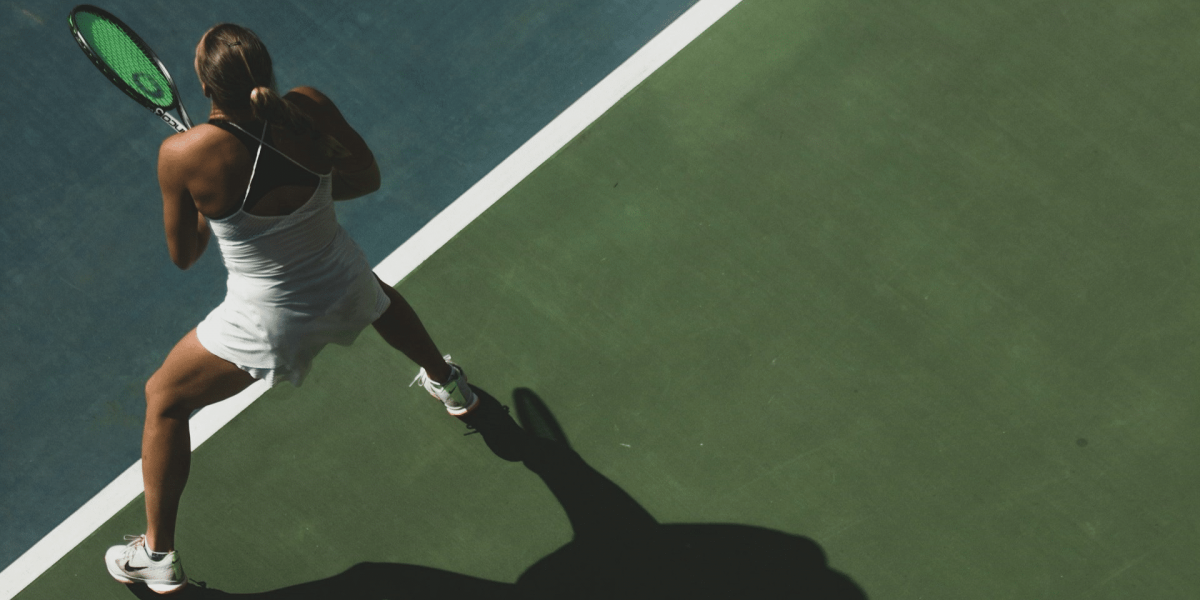In the dynamic world of sports, the quest for gender equality has been a long and challenging journey. While significant progress has been made in recent years, there are still many hurdles to overcome to achieve true equality between male and female athletes. In this article, we’ll delve into the progress and challenges of achieving gender equality in sports, focusing on key issues such as pay equity, media representation, and access to opportunities for female athletes.
Pay Equity: Leveling the Playing Field
One of the most pressing issues in the realm of gender equality in sports is pay equity. Historically, female athletes have faced significant disparities in pay compared to their male counterparts, despite achieving similar levels of success and performance. In many cases, female athletes are paid less for winning tournaments, endorsements, and sponsorship deals, leading to financial inequality and limited earning potential.
However, there have been notable strides towards pay equity in recent years, with organizations and governing bodies taking steps to address these disparities. For example, in professional tennis, tournaments such as Wimbledon and the US Open have implemented equal prize money for male and female players. Additionally, women’s sports leagues, such as the WNBA and NWSL, have negotiated improved pay and benefits for their athletes, signaling a shift towards greater parity in compensation.
Media Representation: Shaping the Narrative
Another critical aspect of gender equality in sports is media representation. Historically, female athletes have been underrepresented and marginalized in sports media coverage, receiving less airtime, attention, and sponsorship opportunities compared to male athletes. This lack of visibility not only perpetuates gender stereotypes but also hinders the growth and recognition of women’s sports.
However, there has been a growing movement to amplify the voices and achievements of female athletes in the media. Initiatives such as the “Women’s Sports Week” and the “Women’s Sports Foundation” have helped raise awareness of women’s sports and advocate for greater media coverage. Social media platforms have also provided female athletes with a platform to share their stories and connect with fans directly, bypassing traditional media gatekeepers.
Access to Opportunities: Breaking Down Barriers
Access to opportunities is another significant challenge facing female athletes in their pursuit of gender equality in sports. From grassroots programs to professional leagues, women’s sports have historically received less funding, resources, and support compared to men’s sports. This lack of investment has created barriers to participation and development for female athletes at all levels.
However, there has been a growing recognition of the importance of investing in women’s sports and creating opportunities for female athletes to succeed. Organizations and initiatives such as the “SheIS” movement and the “Women’s Sports Foundation” have been instrumental in advocating for gender equality in sports and providing support for female athletes. Additionally, increased corporate sponsorship and media partnerships have helped elevate the profile of women’s sports and expand opportunities for female athletes to compete and excel on the global stage.
Empowering the Next Generation
As we look towards the future, it’s essential to continue empowering the next generation of female athletes and breaking down barriers to gender equality in sports. By promoting inclusivity, diversity, and equal opportunities for all athletes, regardless of gender, we can create a more equitable and inclusive sports culture for future generations. Whether it’s through policy changes, grassroots initiatives, or individual advocacy efforts, we all have a role to play in advancing the cause of gender equality in sports.
In conclusion, while significant progress has been made in recent years, achieving gender equality in sports remains an ongoing challenge. From pay equity and media representation to access to opportunities, there are still many hurdles to overcome to level the playing field for female athletes. However, by raising awareness, advocating for change, and empowering the next generation of athletes, we can continue to make strides towards a more equitable and inclusive sports landscape for all.















